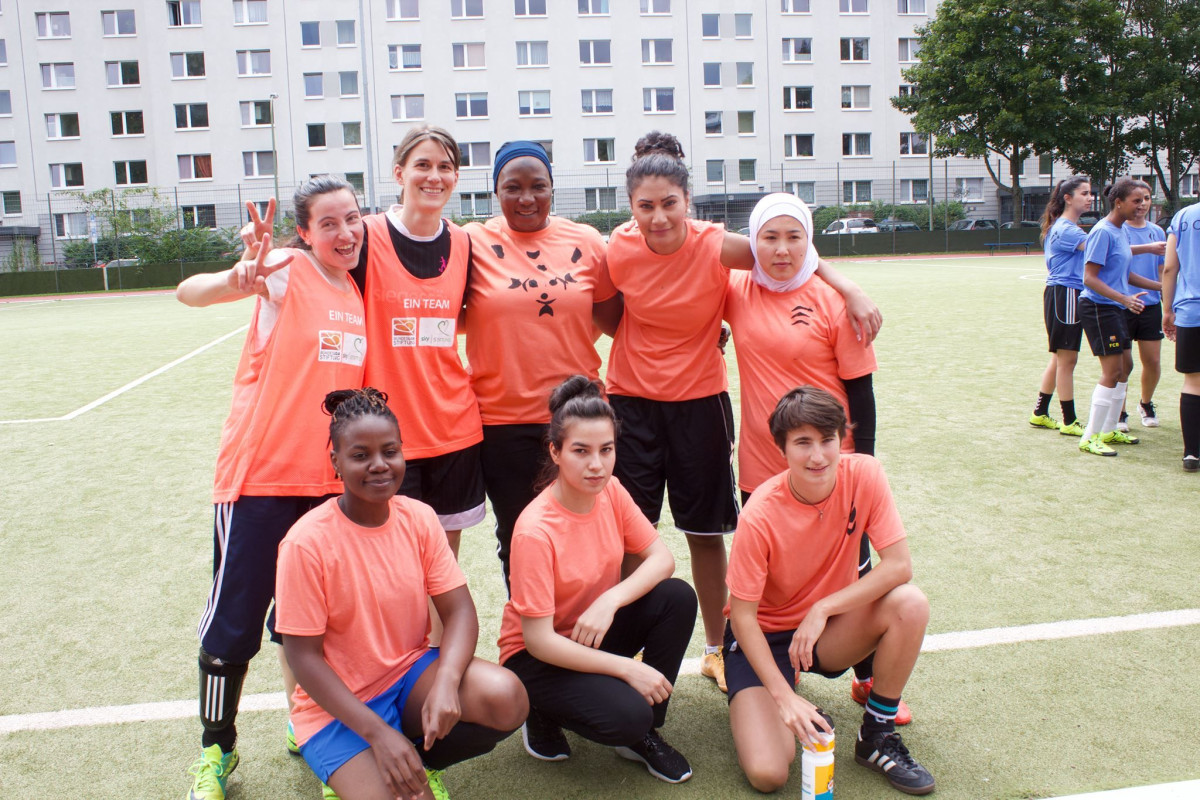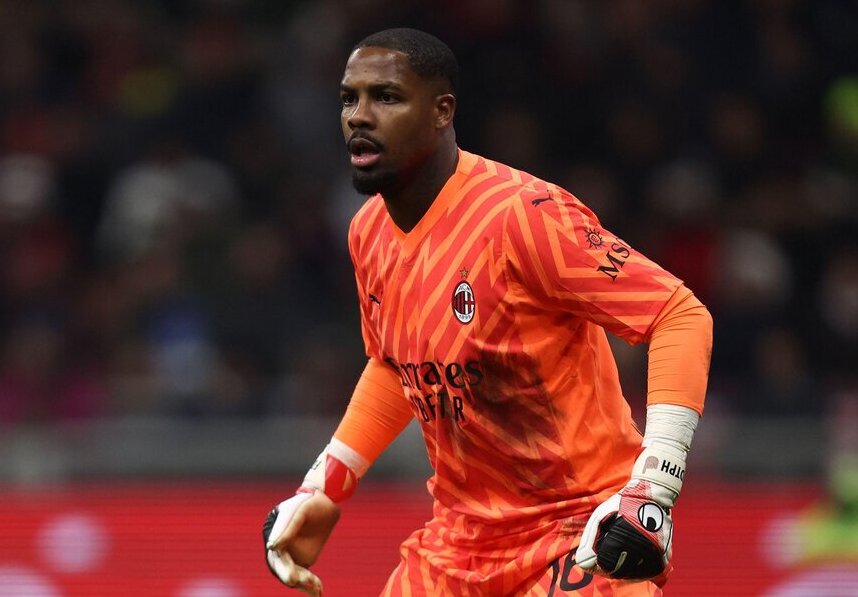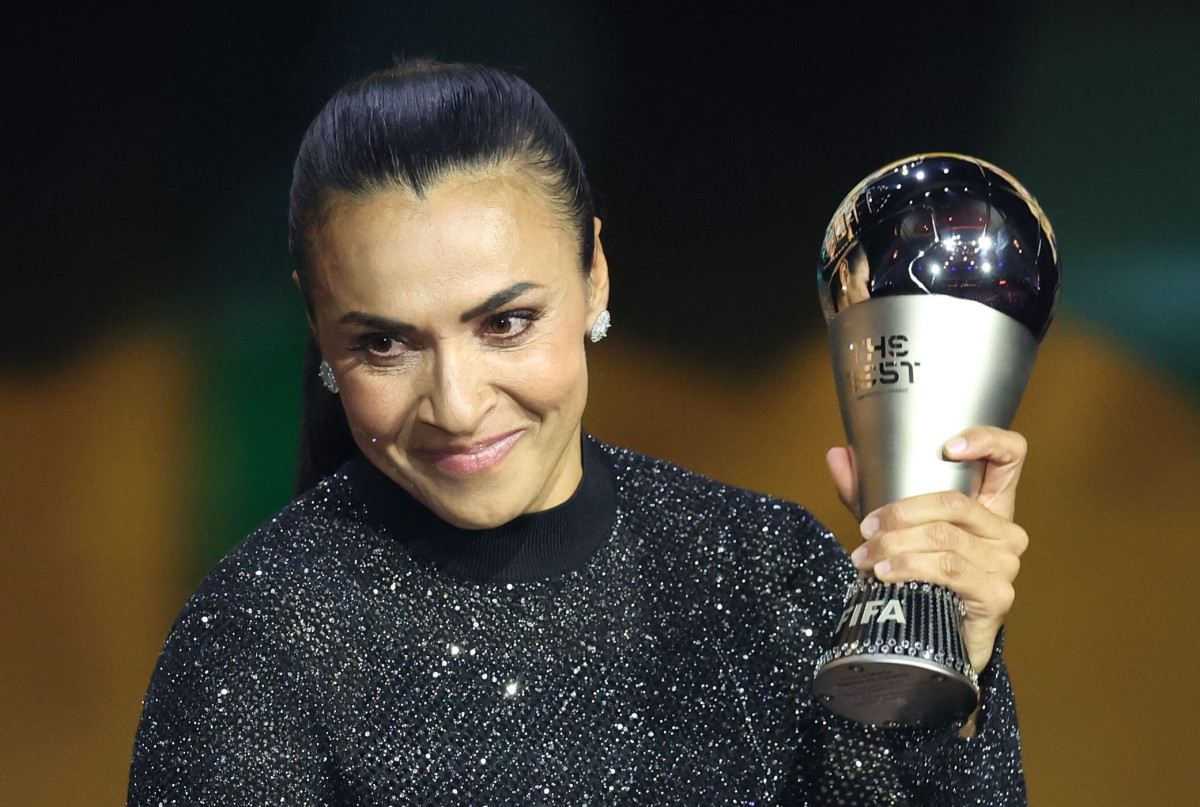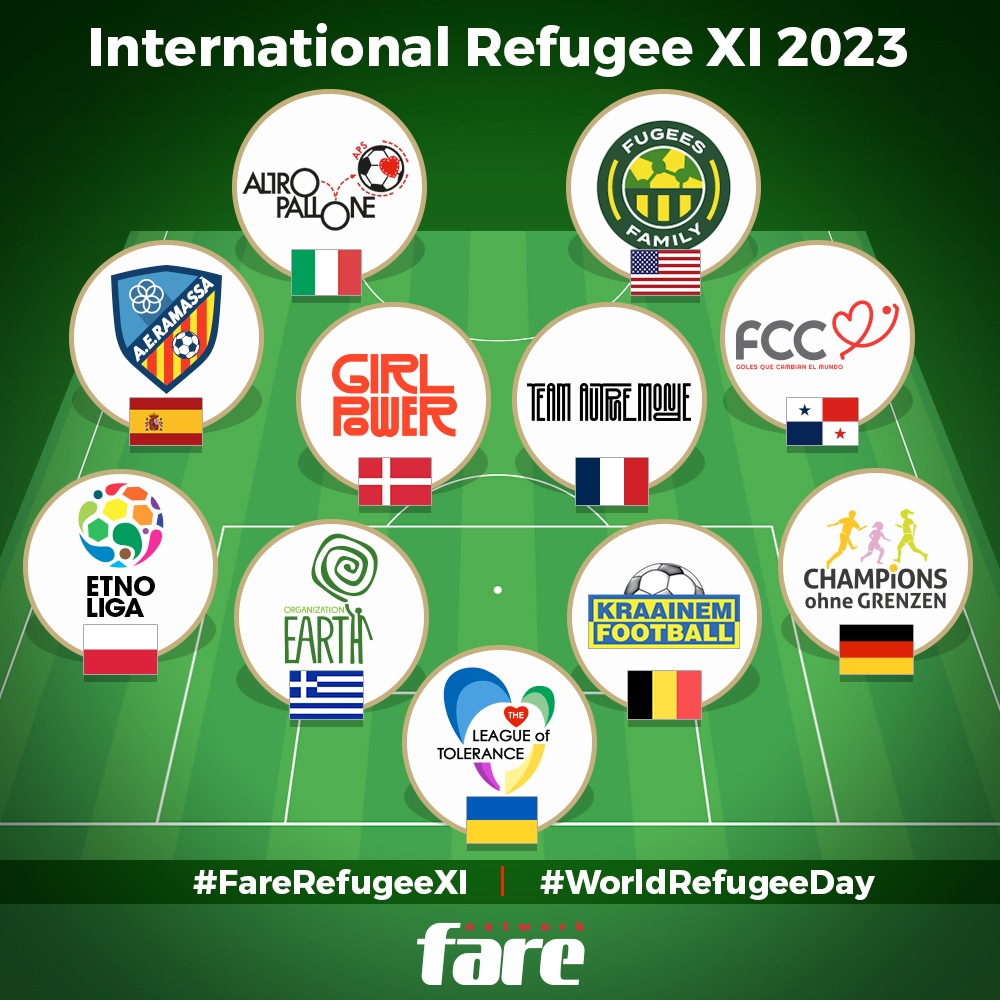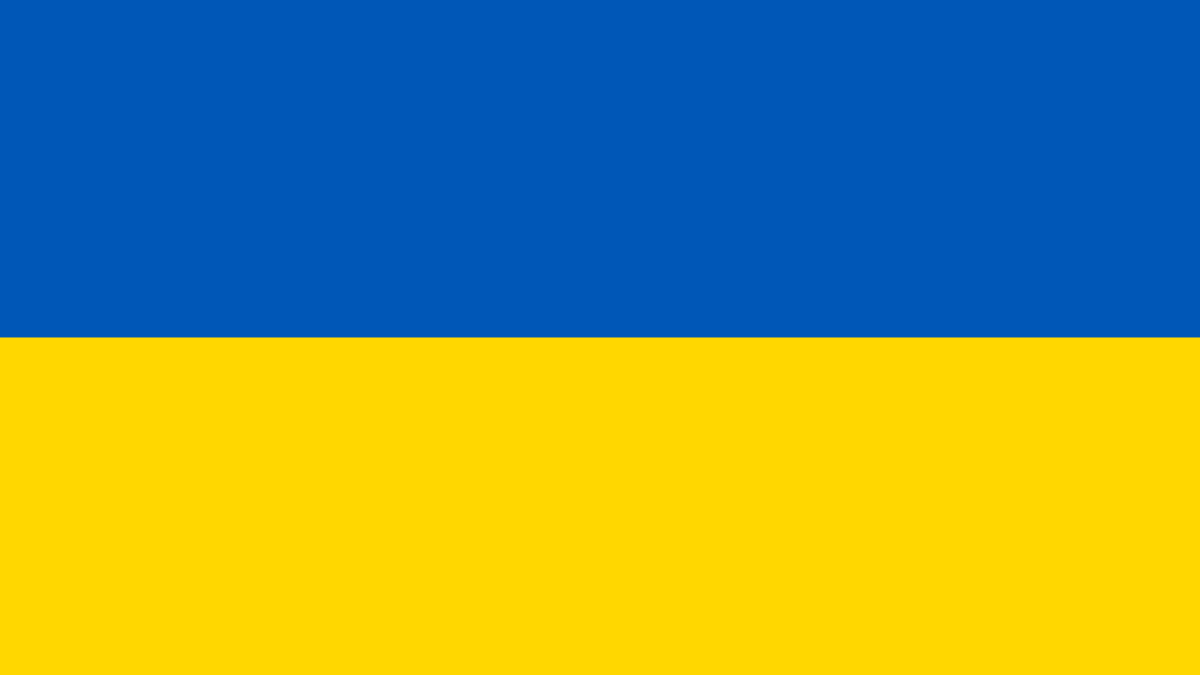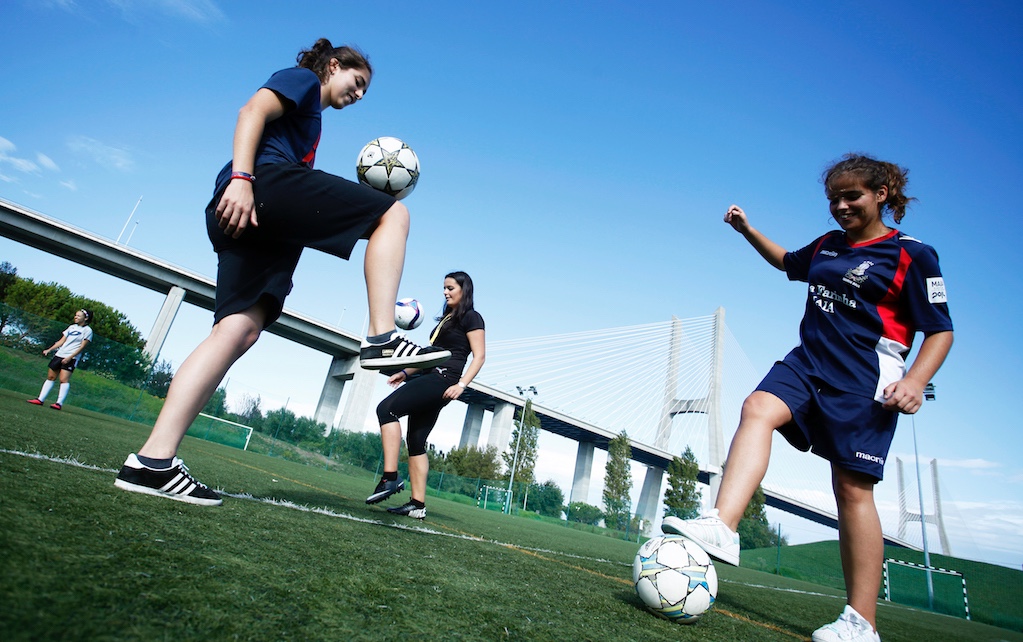The day after Donald Trump won the United States election, professional basketball team Detroit Pistons coach Stan Van Gundy didn't hold back.
"I don't think anybody can deny this guy is openly and brazenly racist and misogynistic," he told reporters during a shoot around before a game in Phoenix.
"We have just thrown a good part of our population under the bus, and I have problems with thinking this is where we are as a country."
Van Gundy's outspokenness, echoed by fellow National Basketball Association (NBA) coaches Steve Kerr and Gregg Popovich, is emblematic of a rise in political activism within American sports unseen since the Vietnam War.
Images of Colin Kaepernick kneeling for the national anthem, Carmelo Anthony joining a civil rights march, and LeBron James stumping for Hillary Clinton hardly raise eyebrows anymore.
However, their cohorts in Europe have remained largely silent on political issues. This, despite the United Kingdom's highly-charged Brexit referendum in June, and a surge in far-right and xenophobic sentiment on the continent.
"They don't get involved in politics," former NBA player John Amaechi says of his fellow British athletes. "They think it's not their job. They think they will be instantly critiqued - which they will be - but it's not the job of athletes to avoid critique."
"That is an anti-risk-taking behavior, which is anti-athletics," Amaechi, now an organizational psychologist in London, tells CNN. "I personally think abdicating your public voice is irresponsible."
Amaechi was the first ex-NBA player to speak openly about his homosexuality when he came out in 2007.
'There has to be solidarity'
Although a few retired footballers like David Beckham and Gary Lineker, along with controversial veteran player Joey Barton, opined on the Brexit campaign on social media, it is difficult to find examples of European athletes willing to risk their careers by speaking out against social injustice in the manner of Muhammad Ali, Martina Navratilova, or today's firebrand Kaepernick
Instead, European activism has historically been rooted in nationalism, notes sports sociologist Joseph Maguire of the UK's Loughborough University, citing examples such as Andy Murray's backing of Scottish independence or the jailing of footballer Deniz Naki in Turkey for a pro-Kurdish Facebook post.
Maguire also cites "passive and covert" symbols of protest including the fascist tattoos of former Lazio player Paulo Di Canio, and the silence of ethnically-Turkish footballer Mesut Ozil during the German national anthem.
But ethnic tension has become a growing concern in European football, with charges of racist slurs uttered by prominent players like Luis Suarez and John Terry, reports of gross under-representation by minorities in managerial positions, accusations of anti-North African sentiment in France's Euro 2016 selection, and abusive chants in Spanish football grounds.
Retired English footballer Howard Gayle, who in 1977 became the first black player to play for Liverpool, says that unlike Kaepernick and James, black British athletes are reticent to attract controversy.
"A lot of people don't want to rattle that cage of racism and draw that attention to them, because they feel that it may (prevent) them from earning certain amounts of money," says Gayle, who detailed the hurdles he faced in his autobiography "61 Minutes in Munich: The Story of Liverpool FC's First Black Footballer."
"Black sportsmen traditionally come from poor communities," he explains, "so when (they) get the opportunity to get out of that community, they are reluctant to look at the principled approach of a stance against racism."
Gayle - who did not sing "God Save the Queen" as an England youth player and says he "never really had that affinity playing for England" - made his stance public this year when he declined a nomination for a Member of the Order of the British Empire.
The title, traditionally awarded at Buckingham Palace and known as an MBE, was to recognise his community work on social inclusion.
"I am well aware of the history of Africa and my ancestry," he says, referring to Britain's role in the trans-Atlantic slave trade. "To have "A Member of the British Empire" after my name wouldn't sit well with me as a black man."
'I'm not just disappointed, I'm furious'
Voices like Gayle's among active athletes on the continent are hard to find, however, even when the stakes are high.
In 2013, Manchester City's star Ivory Coast midfielder Yaya Toure was subject to racist chants from the stands at CSKA Moscow and voiced his disgust after the match.
"I'm not just disappointed, I'm furious," he said, while suggesting that other black athletes would think twice before attending the 2018 World Cup in Russia. "If we aren't confident at the World Cup, coming to Russia, we (won't) come."
Other players including Brazilian forward Givanildo Vieira de Sousa, better known as Hulk, Ghanaian Emmanuel Frimpong and former Brazil great Roberto Carlos - who twice had bananas brandished at him in 2011 - have complained about facing racial abuse in Russia, while Fare documented over 200 cases of racism in Russian football in a 2015 report.
Despite the closing of its anti-racism task force in September, FIFA insists that its work is not done.
"FIFA's position on any form of discrimination is unequivocal: There is no place for racism or for any form of discrimination in football, as clearly described in the FIFA Statutes," it said in a statement.
FIFA has also defended its selection of Russia, while appealing for all players to participate.
"History has shown so far that boycotting sport events or a policy of isolation or confrontation are not the most effective ways to solve problems," it said in a 2014 statement.
"We can achieve positive change in the world, but football cannot be seen as a solution for all issues, particularly those related to world politics."
No poppies for the British
Further talks of a Russian boycott by prominent minority players "would make a very powerful statement," says Maguire, "but it won't happen."
Maguire cites a number of hurdles, including lack of "group solidarity among African players" - even among those who have earned millions playing in Europe - because of the enormity and diversity of the continent.
Furthermore, the economic stake of losing out on a precious World Cup qualifying spot for most member countries is too high to risk a FIFA ban for political interference.
FIFA recently opened disciplinary procedures against the English and Scottish football associations for ignoring a ban on players wearing commemorative poppies during a match on Armistice Day. Wales and Northern Ireland also face punishment for the mere display of poppies - the symbol of remembrance for fallen British soldiers - during their matches.
The leeway to protest in sports other than soccer - including the National Football League (NFL), which does not require its players to stand for the national anthem - is higher, says Maguire.
In 2004, England cricketer Steve Harmison refused to travel to Zimbabwe for political reasons, and the England & Wales Cricket Board did not take action against him.
'Why does he stand alone on this?'
Gayle says that an "overwhelming call from a senior black professional" would be necessary to garner support for a boycott of Russia 2018. "There has to be solidarity," he says, in order to pressure other athletes to take a stand.
Amaechi, whose father is Nigerian, also has reservations about FIFA hosting its showcase tournament in Russia.
"One of their principles is that sport is a human right," he says. "When they talk about their principle of inclusion of all people regardless of race, sexuality, gender, etc., that means they can't go to a country like Russia."
The responsibility, however, should not land on the players in the first place, he insists.
"Why is it the athletes' job to solve this problem, when there are old men being paid to do just that in football?" asks Amaechi.
"When Yaya Toure says something so reasonable - that we should have secure places for athletes to play where they won't be abused - why is it that he stands with a couple of athletes alone on this?"
By Motez Bishara, CNN
